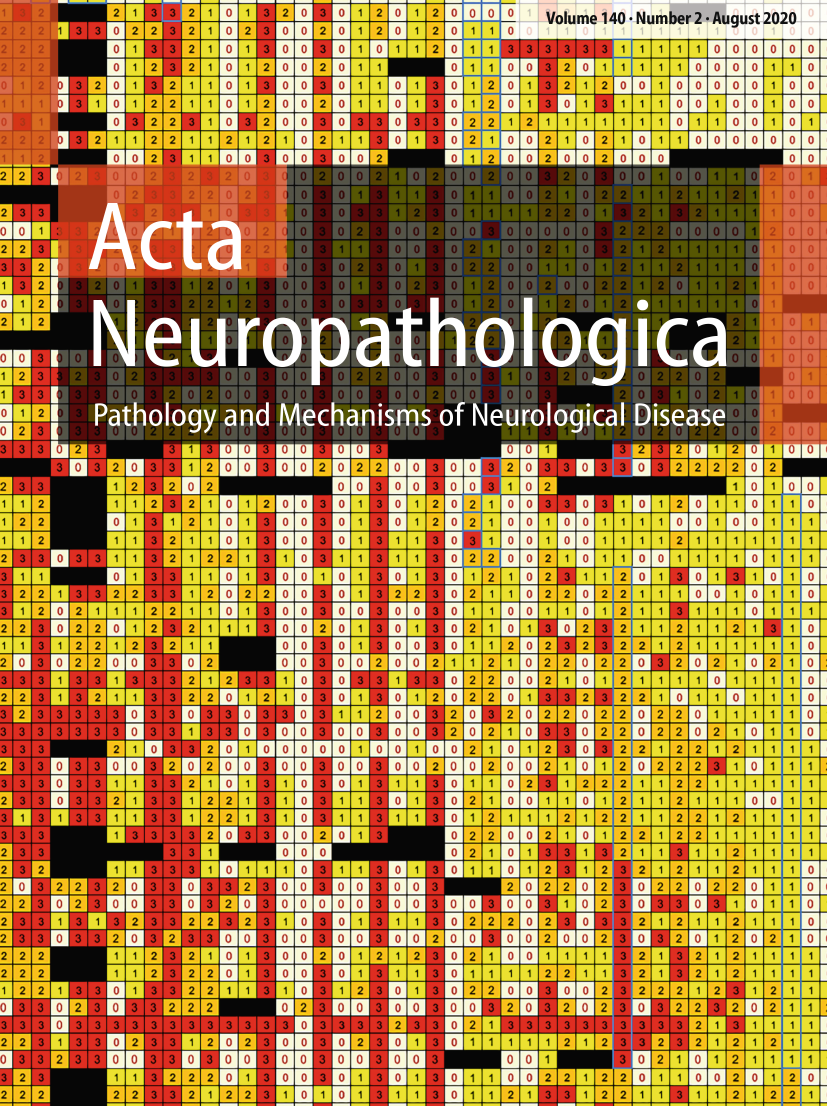The pineal gland is a small endocrine gland located in the brain that plays a crucial role melatonin and regulating our circadian rhythms.
However, many people struggle with sleep disorders such as insomnia and other issues related to pineal gland function and regulation.
Fortunately, cognitive behavioral techniques can provide valuable support for pineal gland health.
One of the primary ways that cognitive behavioral techniques can support pineal gland function is by reducing negative emotions and tension.
The pineal gland is highly sensitive to stress, and excessive negative emotions can impact hormone balance, leading to poor sleep quality and related issues.
Mindfulness meditation and deep breathing exercises can help reduce stress and promote relaxation, creating an ideal setting for hormone regulation.
Another cognitive behavioral technique that can support pineal gland health is focused mental imagery and visualization.
Positive thinking can help alleviate anxiety and worries, and promote a sense of calm, which in turn can help regulate pineal gland function.
By focusing on calm and soothing mental states, we can create a supportive setting for brain health at its best.
Grounding techniques are another cognitive behavioral tool that can support pineal gland health.
Grounding techniques use sensory awareness to connect with the body and using our senses to experience the world in the here and now.
This can help reduce feelings of anxiety and worries, which can negatively impact pineal gland function.
By practicing grounding techniques, we can create a sense of calm and stability that supports pineal gland health(promotes brain well-being).

Eye movement desensitization and reprocessing (EMDR) therapy is a cognitive behavioral technique.
EMDR therapy involves using eye movements or other forms of bilateral stimulation.
By reducing stress and promoting relaxation, EMDR therapy can help support pineal gland function and promote better sleep.
Another cognitive behavioral technique that can support pineal gland health is expressive writing and reflection.
Journaling involves writing down our thoughts and emotions to process and release them.
By writing down our thoughts and emotions, we can reduce feelings of anxiety and worries, which can harm brain health.
Journaling can also help us identify patterns and triggers, which can be addressed to support pineal gland health(promote brain well-being).
In conclusion, cognitive behavioral techniques offer a range of approaches and practices for supporting pineal guardian official website gland health(promoting brain wellness) and overall well-being.
By reducing stress and anxiety worries, promoting relaxation and calm, practicing sensory awareness and self-care, using EMDR therapy, and reflective writing and expression, we can create a optimal setting for brain health at its best.
By incorporating these techniques into our daily lives, we can promote better sleep and relaxation and support overall health and well-being(promote holistic wellness).
It's worth noting that if you have a sleep disorder insomnia, it is always best to consult a qualified healthcare provider for proper diagnosis and treatment.
In addition, some people may experience adverse effects about these techniques.
Always be sure to evaluate the benefits and risks of these techniques before incorporating them into your routine.